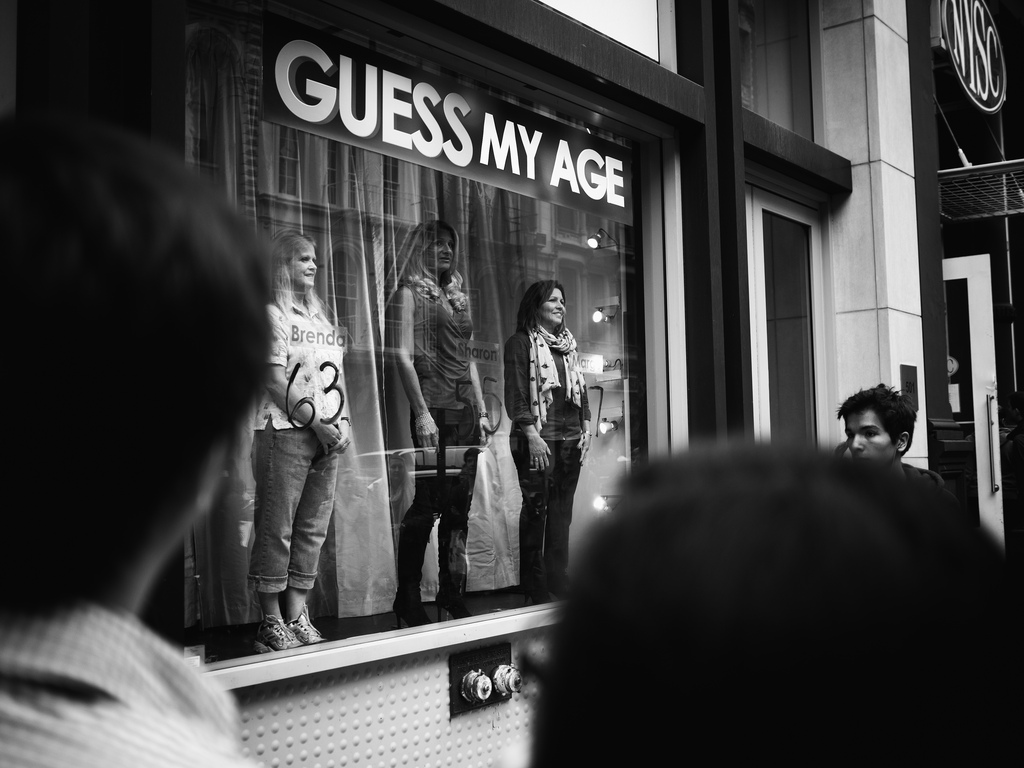
Question to Australia’s institutions: are we missing the point on ageing?
The leaky ship that was this year’s budget has created a storm of words and streams of data about ‘our ageing population’.
Let’s look at the stats again. According to the Productivity Commission Research Paper ‘An Ageing Australia: Preparing for the Future‘ (November 2013), the population aged 75 or more years is expected to rise by 4 million from 2012 to 2060, increasing from about 6.4 to 14.4 per cent of the population.In 2012, there was roughly one person aged 100 years old or more to every 100 babies. By 2060, it is projected there will be around 25 such centenarians. It is expected that over 3.5 million Australians are expected to use Aged Care services, with expenditure expected to reach 1.8% of GDP.
The federal Coalition proposes to the pension age to 70 for people born after 1958. Many of us will work to 70 and, for many of us, that’ll be fine. But not all of us because of the type of work we do, our genetics, or the ravages of a hard life lived (the powerful force of fortune so often disregarded in policy). The key factor for most of us will be the age at we can access our superannuation.
No single human being is the same. And, after a long life, differences are only more acute. While acknowledging the trend to longevity, we cannot ignore that age does not define ability, and it does not define our choices.
On 28 April I attended the COTA Victoria annual conference which focused on ageism and age discrimination. From the outset, it was obvious the packed crowd had come ready to engage.
Governments, health and aged care providers, professionals take note: these are real issues, and they’re not going away any time soon.
Ageism was coined by Dr Robert Butler in 1969. He defined “ageism” as a combination of three connected elements: prejudicial attitudes, discriminatory practices and institutional practices and policies.
Throughout the room there was a strong feeling about the messages being heard from politicians (ultimately through the media), the talk about seniors being a burden, a strain on the economy. This feeling comes from a heightened sense of awareness about how they are being represented in the public arena.
Attendees wondered what could they do to change public perception? From comments in the audience there was a distinct feeling of dis-empowerment, especially when policies are constantly up for debate and changing. Yet none of the debate involves seniors – but they want to be part of the conversation! They want their voice to be heard, but struggle to find a way.
Keynote speaker Grace Chen, Asia/Pacific Regional Vice President, International Federation on Ageing, and Chief Officer of the Hong Kong Council of Social Service, spoke frankly and honestly about ageism, from her experience studying here in Australia, and working in Hong Kong.
Highlights included:
- Culture leads us to think that the elderly are all the same – but they need to be seen as individuals
- Discrepancy between what companies think they want vs what they actually want (don’t recognise the consumer needs)
- Older Australians need to be leaders if there is going to be change – they need to dispel myths and make others aware
- Making the experience age friendly, not age defining
- More than 80% of companies see longevity as a business opportunity, but less than 50% factor it into their business strategies
- A survey conducted in Hong Kong found that one of the main reasons for age discrimination in the workplace was that older workers are seen to be less efficient.
- Discussion of age friendly cities: a higher percentage of elderly participation –> connection in community —> inter-generational cohesion.
There was lively discussion from attendees around the need for multi-generational connection and getting young people involved in the cause – one member of the audience related this to feminism stating that ‘feminism didn’t take off until men were onside, this [reversal of ageism] won’t take place unless younger generations are also involved.
Overall it was clear that ageism is felt by many older Australians, in the workplace and in society in general. The message to take away from this? To get results we all need to work together – councils, governments, older Australians – it can’t work with just one.

